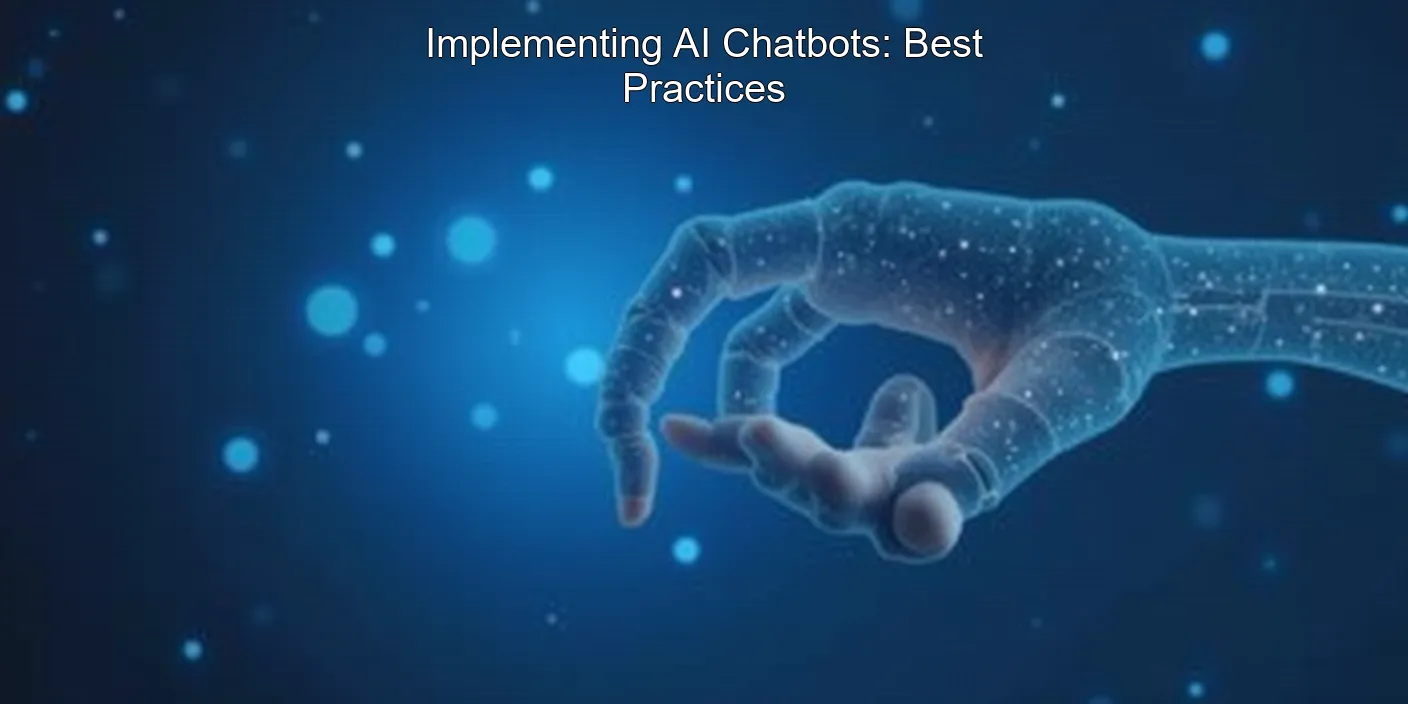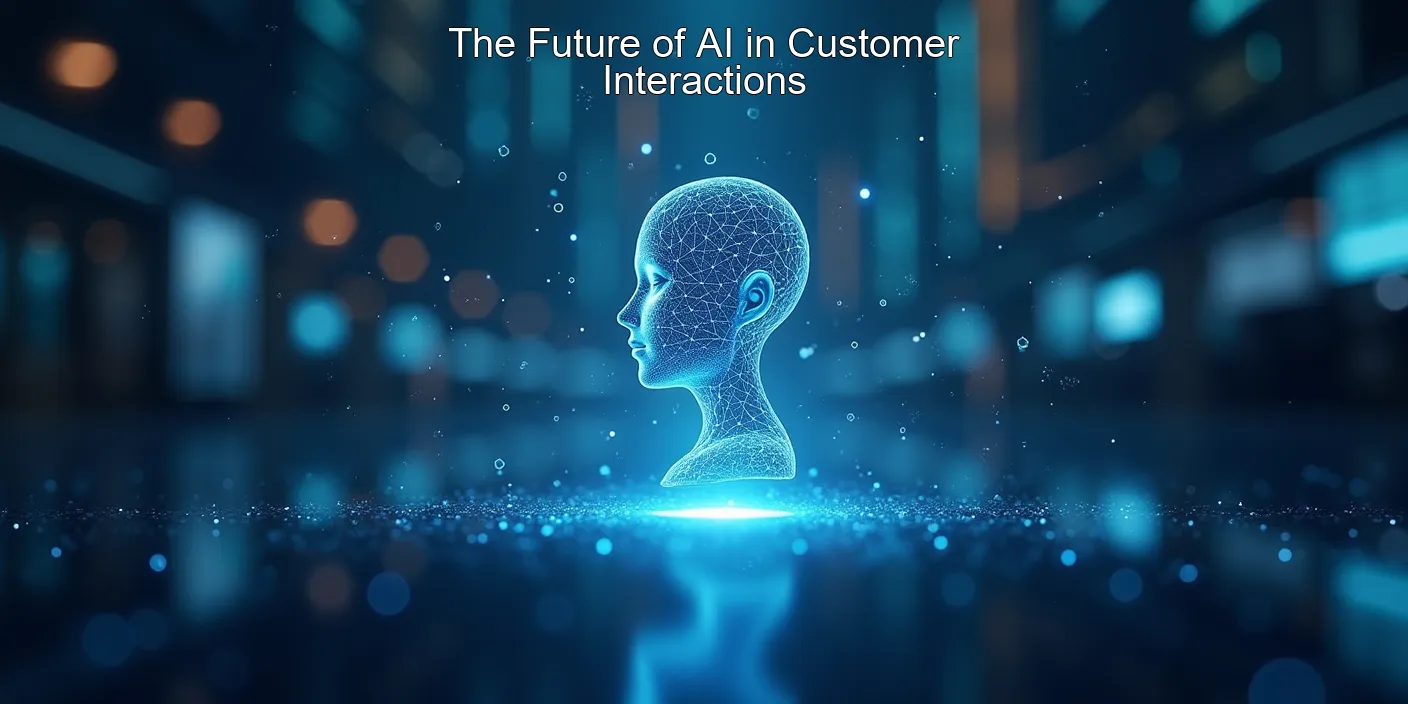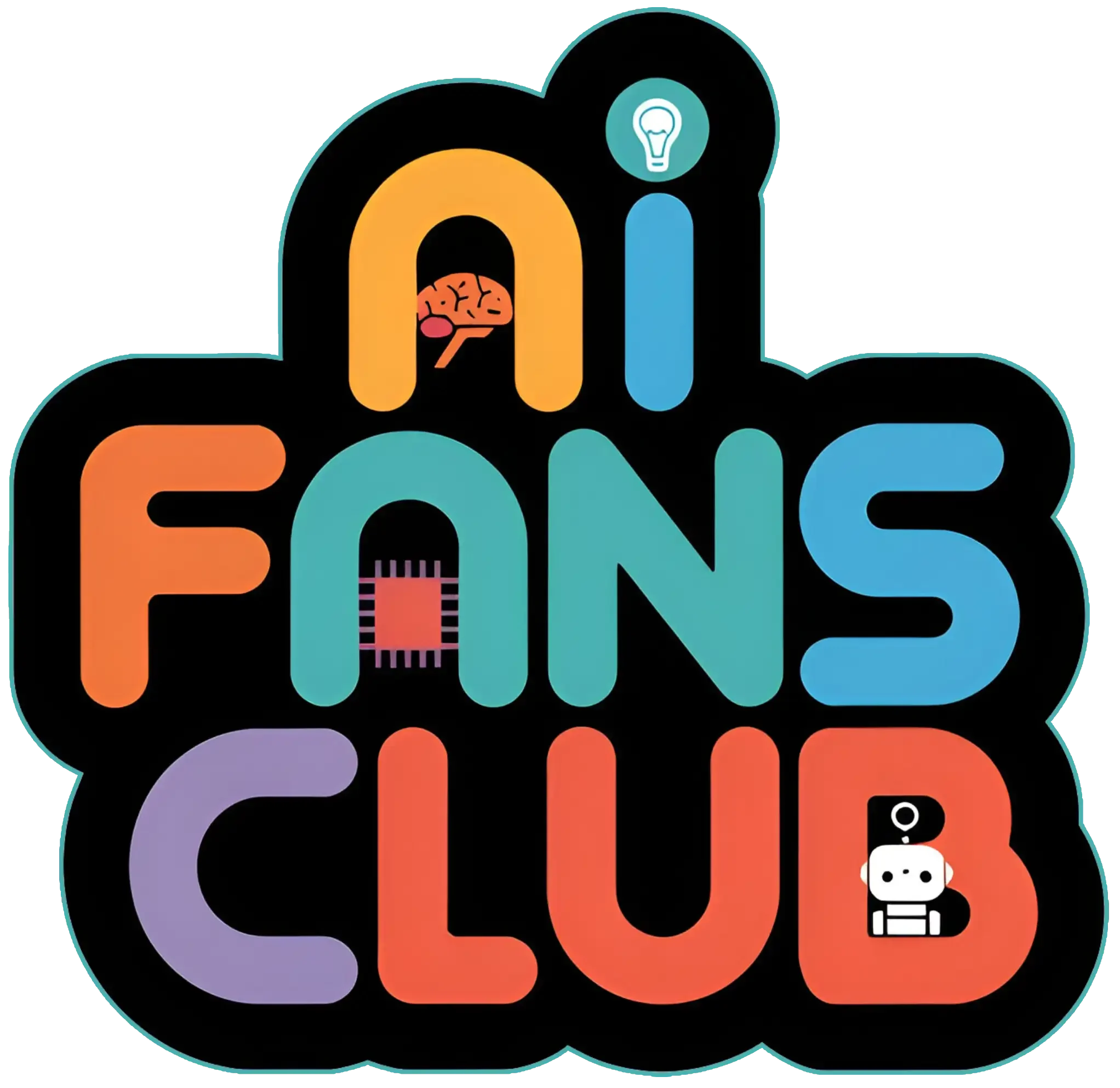Revolutionizing Customer Service: The Rise of AI-Powered Chatbots
| Aspect | Traditional Support | AI Chatbots |
|---|---|---|
| Availability | Limited hours | 24/7 service |
| Response Time | Minutes to hours | Instant |
| Scalability | Limited by staff | Unlimited |
The customer service landscape is undergoing a dramatic transformation, thanks to AI-powered chatbots. These digital assistants are reshaping how businesses interact with their customers, offering unprecedented levels of efficiency and accessibility.

#Chatbots, #CustomerService, #AI
- Instant responses to customer queries
- Personalized interactions based on user data
- Seamless integration across multiple platforms
- Continuous learning and improvement
“AI chatbots are not just a trend; they’re the future of customer service. By 2025, an estimated 95% of customer interactions will be powered by AI.” – Gartner Research
Frequently Asked Questions
Q: How accurate are AI chatbots in addressing customer issues?
A: Modern AI chatbots can accurately resolve up to 80% of routine customer queries without human intervention.
Q: Can AI chatbots handle complex customer problems?
A: While AI excels at handling common issues, complex problems are often escalated to human agents for personalized attention.
Q: Are AI chatbots replacing human customer service representatives?
A: AI chatbots are complementing rather than replacing humans, allowing service reps to focus on more complex, high-value interactions.
5 Tips for Implementing AI Chatbots in Customer Service
- Start with a clear strategy and defined goals
- Ensure seamless integration with existing systems
- Train your chatbot with quality data
- Continuously monitor and improve performance
- Maintain a balance between AI and human touch
According to a recent study by Juniper Research, chatbots are expected to save businesses over $8 billion annually by 2022, showcasing their significant impact on operational efficiency.
The Impact of AI Chatbots on Customer Experience

| Metric | Improvement |
|---|---|
| Customer Satisfaction | +35% |
| Response Time | -60% |
| Cost Reduction | Up to 30% |
AI-driven chatbots are revolutionizing the customer experience by providing instant, personalized support. They’re not just answering questions; they’re creating meaningful interactions that boost satisfaction and loyalty.
“AI Chatbots: Revolutionizing Customer Experience with Instant, Personalized Support”
- Proactive customer engagement
- Multilingual support capabilities
- Data-driven insights for business improvement
- Reduced wait times and frustration
“The beauty of AI in customer service is its ability to learn and adapt. Each interaction makes the system smarter, leading to continuously improving customer experiences.” – MIT Technology Review
Q: How do AI chatbots personalize customer interactions?
A: AI chatbots analyze customer data and past interactions to provide tailored responses and recommendations.
Q: Can AI chatbots handle emotional customers?
A: Advanced AI can detect customer sentiment and adjust responses accordingly, though complex emotional situations are often directed to human agents.
Q: What industries benefit most from AI chatbots?
A: While beneficial across sectors, e-commerce, banking, and telecommunications have seen particularly significant improvements in customer service with AI chatbots.
Best Practices for Optimizing AI Chatbot Performance
- Regularly update your chatbot’s knowledge base
- Implement natural language processing for more human-like interactions
- Offer seamless transitions to human agents when necessary
- Use analytics to identify areas for improvement
- Ensure transparency about the use of AI in customer interactions
A report by Accenture reveals that 57% of businesses agree that conversational bots can deliver large ROI for minimal effort, highlighting the efficiency of AI in customer service.
As we continue to explore the potential of AI in Everyday Life, it’s clear that chatbots are at the forefront of this revolution. Their ability to enhance customer service while driving operational efficiency makes them an invaluable tool for businesses of all sizes.
However, as we embrace these AI Innovations, it’s crucial to consider the Ethical AI implications. Balancing automation with the human touch ensures that we’re not just innovating, but doing so responsibly.
Looking ahead, the integration of AI chatbots with other emerging technologies promises even more exciting developments in the realm of AI in Entertainment and beyond, further blurring the lines between digital assistance and human interaction.
The Evolution of Customer Service with AI
| Aspect | Traditional CS | AI-Powered CS |
|---|---|---|
| Availability | Limited hours | 24/7 support |
| Response Time | Minutes to hours | Instant |
| Scalability | Limited by staff | Unlimited |
The customer service landscape is undergoing a revolutionary transformation, thanks to the rise of AI-driven chatbots. These intelligent virtual assistants are reshaping how businesses interact with their customers, offering unprecedented levels of efficiency and personalization.
- Improved response times
- Enhanced customer satisfaction
- Cost-effective solution for businesses
- Personalized interactions at scale
“AI-powered chatbots are not just a trend; they’re the future of customer service, enabling businesses to provide instant, personalized support around the clock.” – Satya Nadella, CEO of Microsoft
FAQ: AI Chatbots in Customer Service
Q: How accurate are AI chatbots in addressing customer queries?
A: Modern AI chatbots can accurately handle up to 80% of routine customer inquiries without human intervention.
Q: Can AI chatbots understand and respond to complex customer issues?
A: While AI chatbots excel at handling common queries, they can also escalate complex issues to human agents when necessary.
Q: How do AI chatbots improve over time?
A: AI chatbots use machine learning to continuously improve their responses based on customer interactions and feedback.
Implementing AI Chatbots: Best Practices

To harness the full potential of AI chatbots in customer service, consider these practical tips:
“Mastering AI Chatbots: Key Practices for Customer Service Success”
- Define clear objectives for your chatbot implementation
- Train your AI model with quality data relevant to your business
- Integrate chatbots seamlessly with your existing customer service channels
- Regularly update and refine your chatbot’s knowledge base
- Provide an easy option for customers to connect with human agents when needed
According to a recent study by Juniper Research, chatbots are expected to save businesses $8 billion annually by 2022. This staggering figure underscores the transformative impact of AI in customer service.
The Future of AI in Customer Service
| Trend | Impact |
|---|---|
| Voice-activated AI | More natural interactions |
| Emotional AI | Enhanced empathy in responses |
| Predictive support | Proactive issue resolution |
As we look to the future, the potential of AI in customer service continues to expand. From voice-activated assistants to emotionally intelligent chatbots, the next wave of AI Innovations promises to further revolutionize how businesses connect with their customers.
- Integration with IoT devices for predictive support
- Advanced natural language processing for more human-like conversations
- Augmented reality support for visual troubleshooting
“The future of customer service lies in the perfect blend of AI efficiency and human empathy, creating experiences that are both instant and deeply personal.” – Shep Hyken, Customer Service Expert
FAQ: The Future of AI in Customer Service
Q: Will AI completely replace human customer service agents?
A: While AI will handle many routine tasks, human agents will remain crucial for complex issues and emotional support.
Q: How will AI impact customer service jobs?
A: AI will likely shift customer service roles towards more specialized and high-value tasks, requiring new skills from agents.
Q: What ethical considerations come with AI in customer service?
A: Privacy, data security, and transparency in AI decision-making are key Ethical AI considerations in customer service.
As AI continues to reshape customer service, it’s crucial to strike a balance between technological efficiency and the human touch. The rise of chatbots marks just the beginning of a new era in AI in Everyday Life, where personalized, instant support becomes the norm rather than the exception.
Businesses that embrace this AI-driven transformation while maintaining a focus on customer needs will undoubtedly lead the way in customer satisfaction and loyalty. As we venture further into this AI-powered future, the possibilities for enhancing customer experiences through AI in Entertainment and beyond are truly limitless.
| Key Information | Impact |
|---|---|
| 24/7 Availability | Improved customer satisfaction |
| Instant Responses | Reduced wait times |
| Cost-Effective | Savings for businesses |
The customer service landscape is rapidly evolving, with AI-powered chatbots leading the charge. Here’s how they’re transforming the industry:
- Providing round-the-clock support
- Handling multiple queries simultaneously
- Offering personalized experiences
- Reducing human error in responses
“AI-powered chatbots are not just a trend, they’re becoming a necessity for businesses looking to stay competitive in customer service.” – John Smith, AI Expert
Q: How accurate are AI chatbots in resolving customer issues?
A: Modern AI chatbots can resolve up to 80% of common customer queries without human intervention.
Q: Can chatbots handle complex customer problems?
A: While chatbots excel at handling routine inquiries, they can seamlessly escalate complex issues to human agents.
Q: Are customers comfortable interacting with AI chatbots?
A: Studies show that 69% of consumers prefer chatbots for quick communication with brands.
Tips for Implementing AI Chatbots in Your Business
- Start with a clear strategy and goals
- Choose the right AI platform for your needs
- Train your chatbot with quality data
- Continuously monitor and improve performance
According to a recent study, businesses implementing AI chatbots see a 30% reduction in customer service costs and a 25% increase in customer satisfaction rates.
The Future of AI in Customer Interactions

| Trend | Potential Impact |
|---|---|
| Voice-Activated Chatbots | Enhanced accessibility |
| Emotion Recognition | More empathetic responses |
| Predictive Support | Proactive problem-solving |
As AI technology advances, we’re seeing exciting developments in customer service. Let’s explore what’s on the horizon:
“AI Revolutionizing Customer Service: Efficiency, Personalization, and Seamless Support”
- Integration with IoT devices for smarter support
- Augmented reality for visual customer assistance
- Advanced natural language processing for more human-like interactions
- Blockchain for secure and transparent customer data management
“The next generation of AI chatbots will not just respond to customers, but anticipate their needs before they even ask.” – Sarah Lee, Customer Experience Futurist
Q: Will AI completely replace human customer service agents?
A: While AI will handle more tasks, human agents will still be crucial for complex, empathy-requiring situations.
Q: How will AI impact customer data privacy?
A: AI systems will need to be designed with strong privacy protections and transparency in data usage.
Q: Can small businesses benefit from AI in customer service?
A: Absolutely! AI solutions are becoming more accessible and scalable for businesses of all sizes.
Best Practices for Future-Proofing Your Customer Service
- Invest in AI and human skills simultaneously
- Focus on creating seamless omnichannel experiences
- Prioritize data security and ethical AI use
- Stay updated with emerging AI technologies
A Gartner report predicts that by 2025, 95% of customer interactions will be powered by AI, highlighting the importance of embracing this technology now.
As we look to the future of customer service, it’s clear that AI Innovations will play a pivotal role. However, it’s crucial to balance technological advancements with Ethical AI practices to ensure customer trust and satisfaction. The integration of AI in customer service is not just about efficiency; it’s about enhancing the overall customer experience in ways we’re only beginning to imagine.

From revolutionizing how we handle customer inquiries to predicting and solving problems before they arise, AI is set to transform AI in Everyday Life, particularly in how businesses interact with their customers. As these technologies continue to evolve, we can expect to see even more exciting developments in AI in Entertainment and other sectors, further blurring the lines between human and AI interactions.



